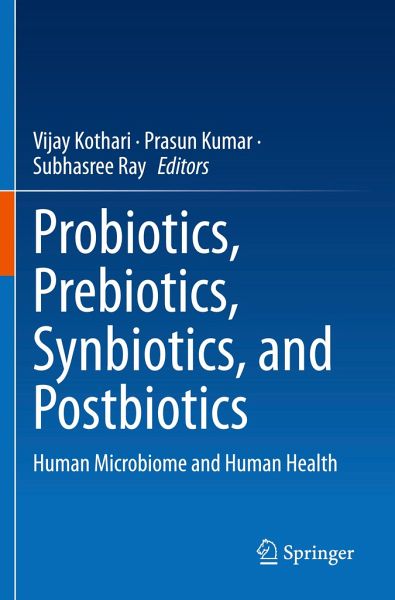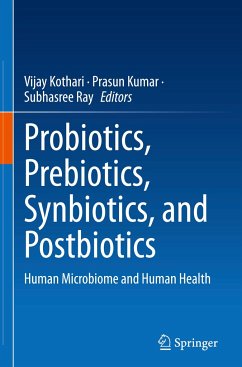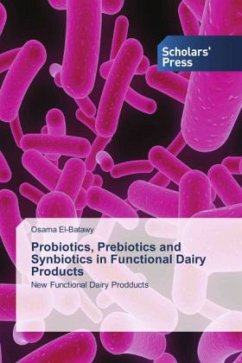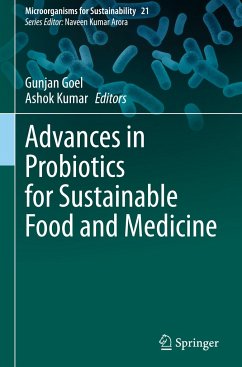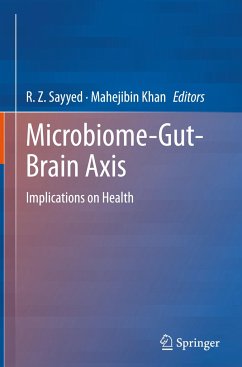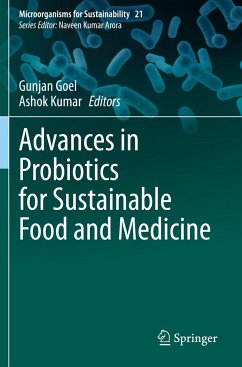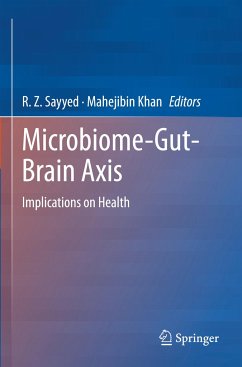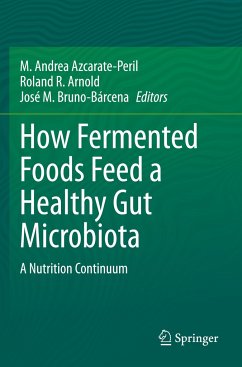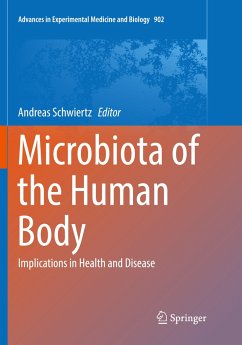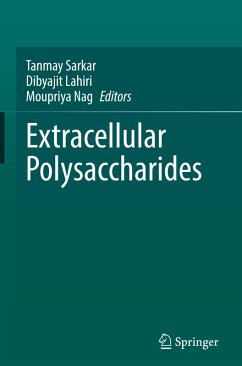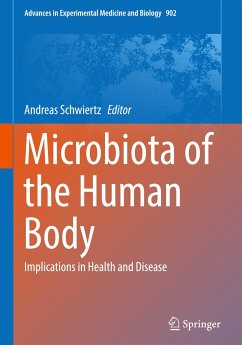Vijay Kothari is a microbiologist. His current research is in the areas of AMR (antimicrobial resistance), Traditional Medicine, prebiotic and immunomodulatory properties of natural products, microbial response to sonic stimulation, etc. His group is actively involved in investigating antimicrobial/ anti-virulence potential of natural products as well as synthetic compounds. In recent past, his lab has extensively investigated the anti-pathogenic/ prophylactic activity of various traditional medicine formulations e.g. Panchvalkal, Panchgavya, Triphala, etc. against different antibiotic-resistant bacterial strains. His lab was awarded SRISTI-DBT-BIRAC Appreciation Award (2017) for validation of anti-infective potential of a polyherbal formulation inspired from folk medicine- Herboheal. He has also been awarded two AIMS (Artificial Intelligence Molecular Screen) award (2020-22) projects by Atomwise Inc., USA for identifying novel anti-infective leads.Dr. Kothari has also contributed substantially to the field as an active editor and reviewer, and has been conferred the Sentinel of Science award (2016) by Publons recognizing his contribution as a peer reviewer. He has 88 research/ review/ book chapter publications to his credit. His publications have enjoyed a wide readership as evident from more than 2,53,000 reads from ResearchGate alone. Vijay derives great satisfaction from the hitherto output of the M.Sc. dissertations guided by him. During the period 2007-2019, he guided 84 M.Sc. students for their dissertation projects, of which 71 (i.e. 84.52%) could publish research/ review papers in different peer-reviewed, indexed journals (or a citable preprint), based on their Masters' dissertation. Prasun Kumar holds a Ph.D. in Biotechnology from CSIR-Institute of Genomics and Integrative Biology, Delhi, India. He is presently working as a Scientific Officer at DBT-IOC Center for Advanced Bioenergy Research, Faridabad. Earlier, he was working as an Assistant Professor at the Department of Chemical Engineering, Yeungnam University, Republic of Korea. He has over seven years of experience in applied microbiological research including about 2 years of experience in industrial R&D. His main areas of research are biopolymers, microbial biodiversity, bioenergy, microbial biofilms, quorum sensing, quorum quenching, and genomics. His present research is oriented toward valorizing lignocellulosic biowastes into value-added products such as biopolymer, 2G ethanol, bioenergy, and antibiofilm compounds. To his credit, there are over 34 articles in SCI journals, 5 books, and 11 chapters with international publishers. He has been serving the scientific society by reviewing articles for several SCI journals and delivering guest lectures. Publons awarded him the peer review award in the year 2018. He also serves as the editorial board member of a few international journals. Dr.Subhasree is currently working as an Assistant professor at Sharda University, Greater Noida, Uttar Pradesh, India. She earned her Ph.D. degree from CSIR-IGIB, Delhi, in 2018. She received the prestigious CSIR-SRF fellowship. Her main research was focused on producing biopolymers from waste biomass. After Ph.D., she joined as a postdoctoral researcher at Ewha University and the University of Seoul, South Korea. Here, her main focus was the anaerobic digestion of food wastes for methane production. She also studied methanogenesis at a 4000L pilot-scale plant. After the successful completion of 1 year, she joined another project at Yeungnam University, South Korea. During that period, she worked on several fungal toxins and their inhibition from fermented food. She also worked on biofilm inhibition of pathogenic organisms by natural bioactive compounds. To her credit, she has 13 research papers published in peer-reviewed journals and 8 book chapters. In addition, she is a life member ofvarious scientific societies and also a member of various committees at Sharda University for Graduate and Undergraduate programs.
